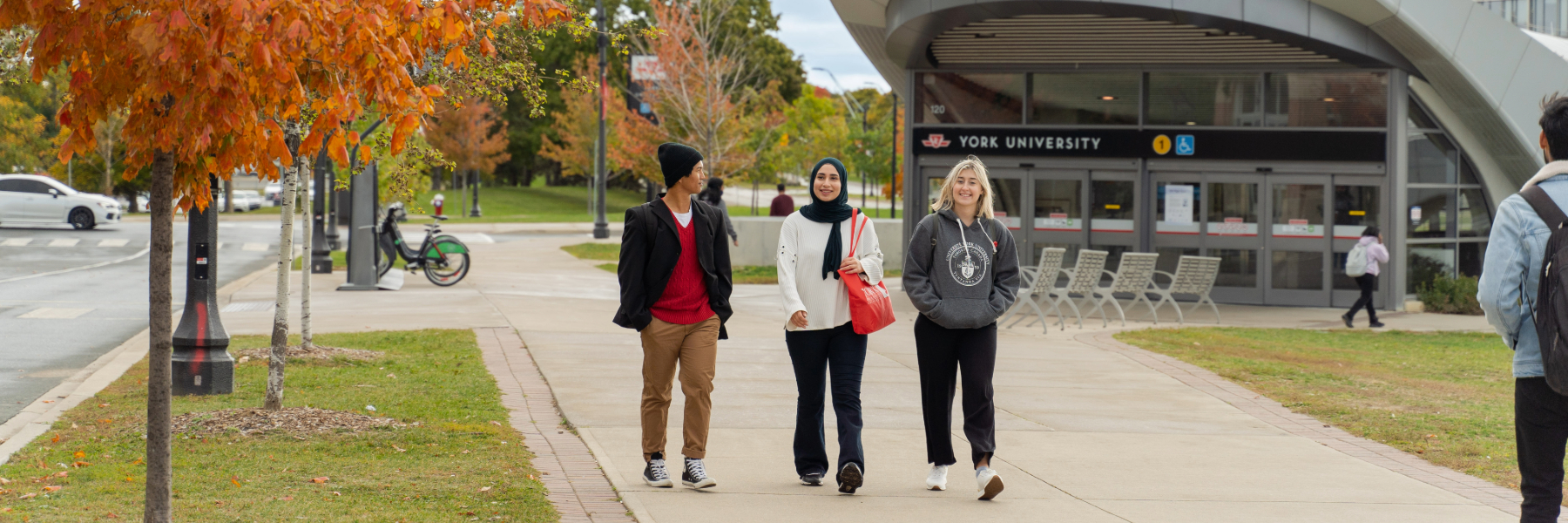As part of recent operational actions underway to help York University meet its aspirational target of becoming a net-zero university by 2040, York U has stopped running its fossil-fuelled co-generation units around the clock this summer.
No longer running the co-generation units 24-7 will lead to a more efficiency-based operation schedule that maintains service to the York community while minimizing strain on the provincial energy grid. The change is expected to reduce emissions by 22,000 tonnes and account for 80 per cent of the University’s 2030 emission reduction target.
Co-generation is the simultaneous production of two or more forms of energy from a single fuel source. In York’s case, natural gas has been used to produce both electricity and steam, which is then used for heating and cooling the campus. In traditional generation, excess heat generated through the process of producing electricity is expelled as waste into the atmosphere and waterways. The dual production of both electricity and recoverable heat made co-generation more efficient and cost-effective than other options previously available.
As years have passed, the measure of sustainable practices has changed. Operating the co-generation units around the clock is no longer the most sustainable means to deliver services on campus, and it accounts for a significant portion of York’s annual carbon dioxide emissions.
To reduce the continuous operation of the co-generation units, the University’s Energy Management team created a plan to deliver heating and cooling to the campus by employing strategies that use data analysis to help determine the most effective, efficient and sustainable way to do so, while maximizing comfort and minimizing carbon emissions. While the co-generation units may still be used, it is expected that they will run only when necessary and for approximately five per cent of the year – a significant shift from around-the-clock operation.
In November 2023, President and Vice-Chancellor Rhonda Lenton announced York’s goal of achieving net-zero emissions a decade earlier than originally planned. The aspiration is part of the University’s recently renewed Sustainability Policy, which includes a commitment to develop and implement a process to track, measure, evaluate and report progress toward net-zero emissions.
The adjustment to the co-generation units will get York 80 per cent of the way to its target of curbing emissions by 45 per cent by 2030 – a near-term target on the journey to net zero.
“In the 1990s, York was an early adopter in making operational improvements to reduce our emissions, including transitioning away from coal-generated electricity and using natural gas instead to help lower our emissions,” says Carol McAulay, vice-president finance and administration. “This significant step to decarbonize our central plant for heating and cooling highlights our continued leadership and innovation to support our net-zero target.”
The co-generation shift is the first of many projects the Energy Management team expects to implement as part of its action plan to decarbonize the central plant and modernize energy management at York. Additional projects that better use data to inform operations are forthcoming.












